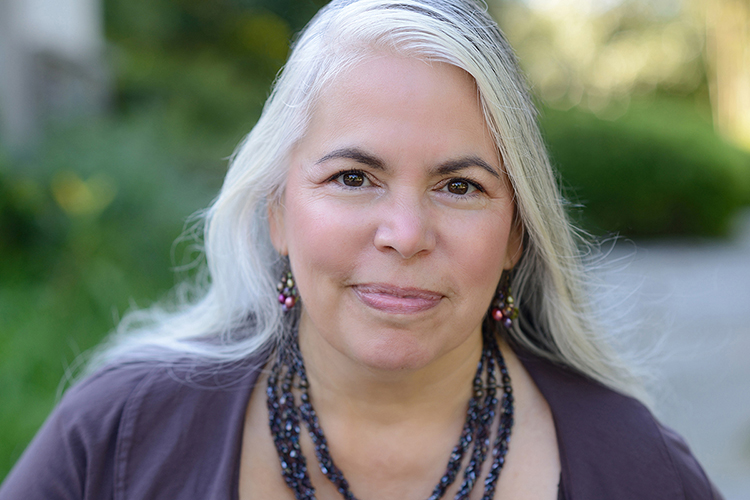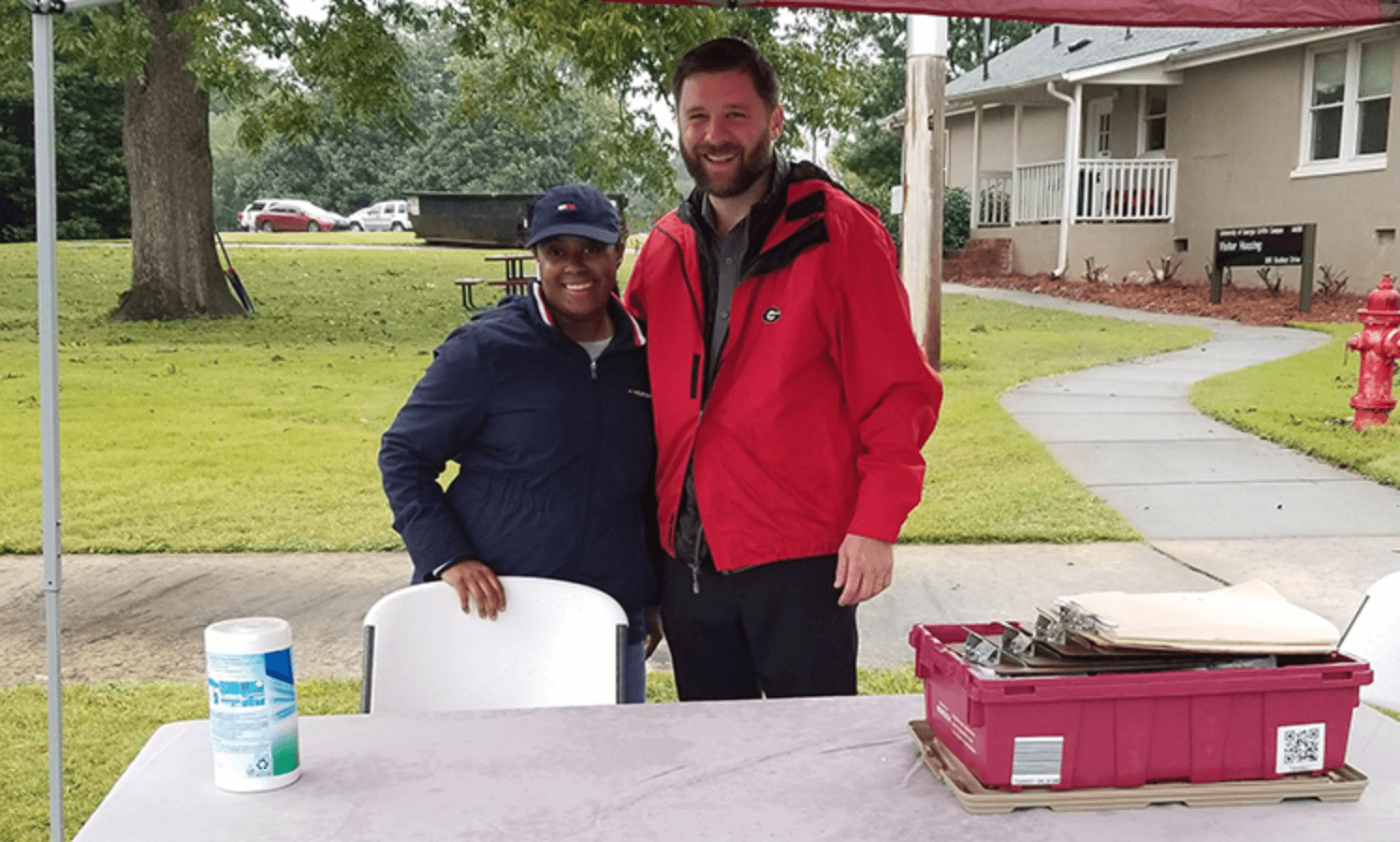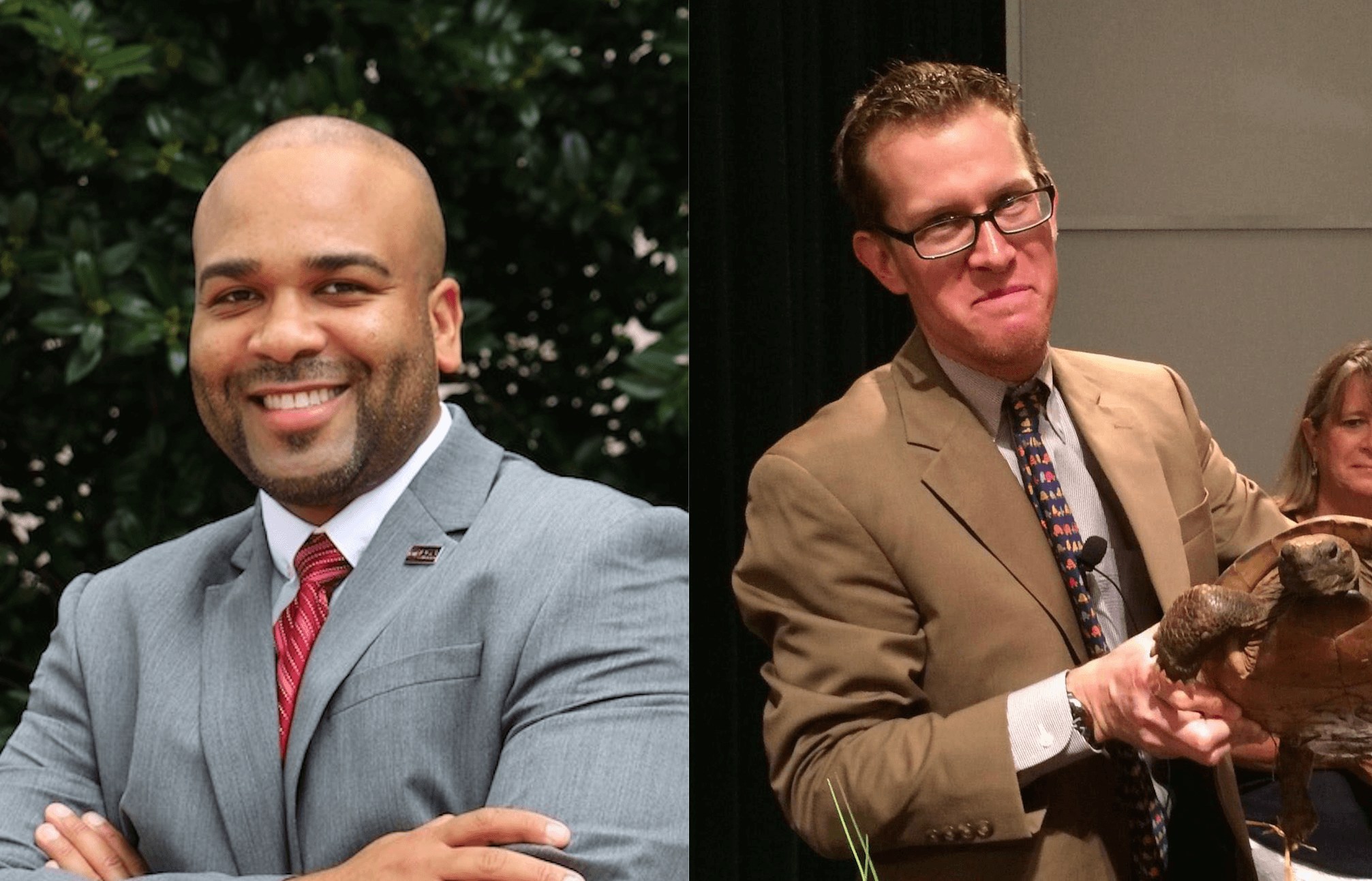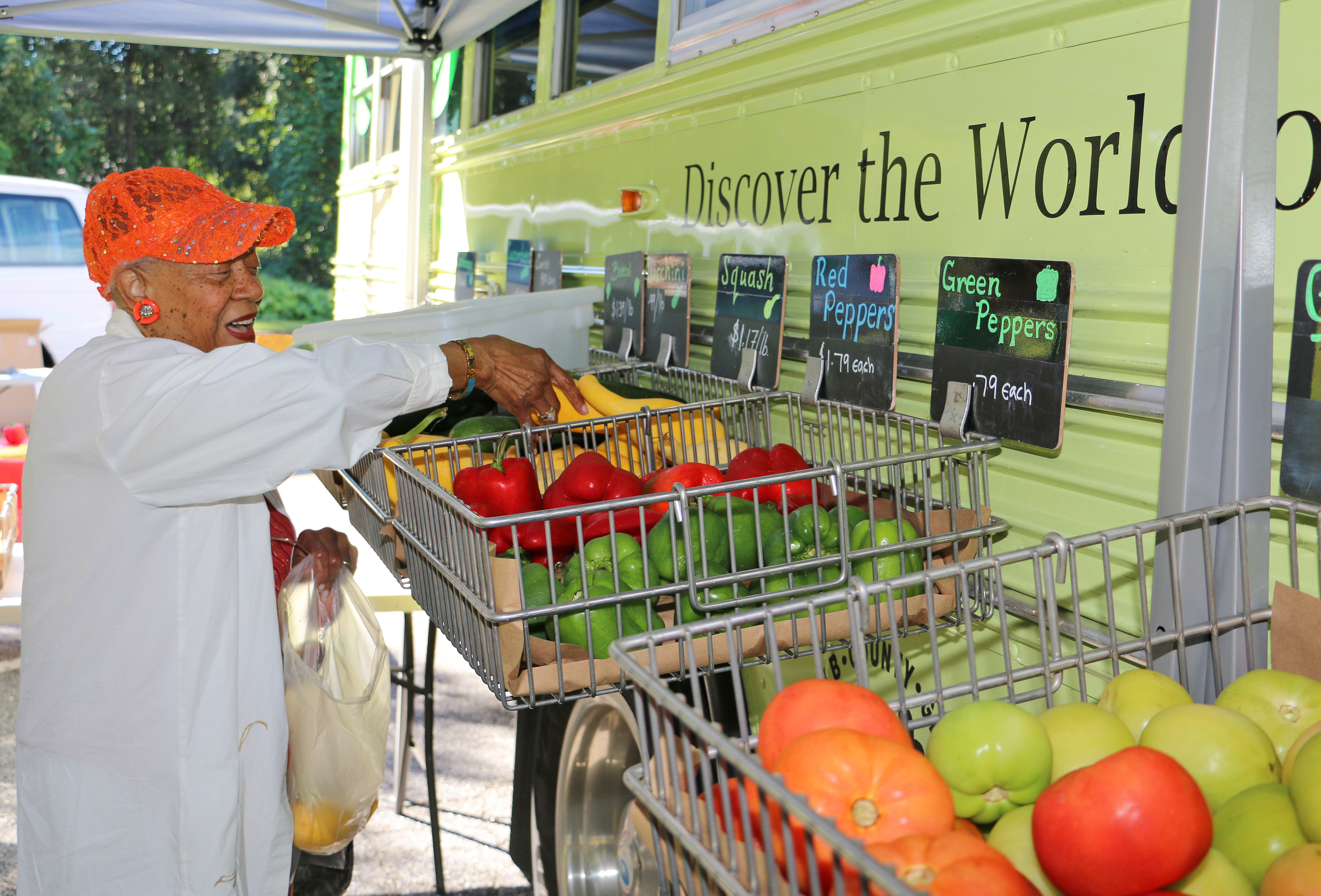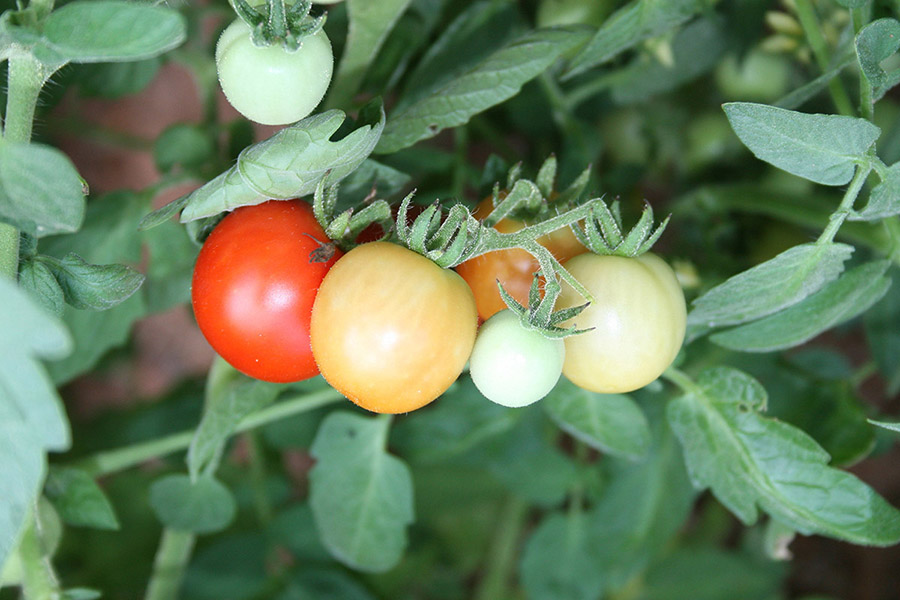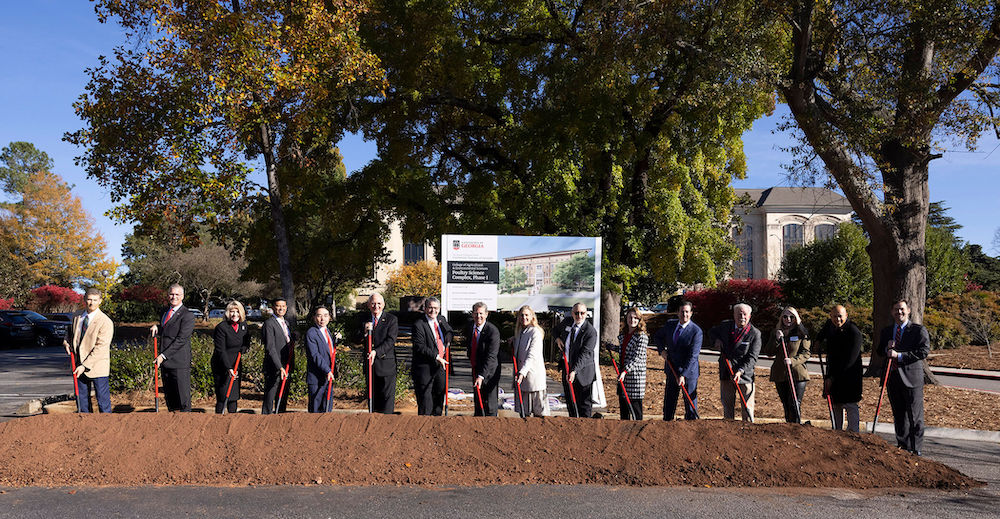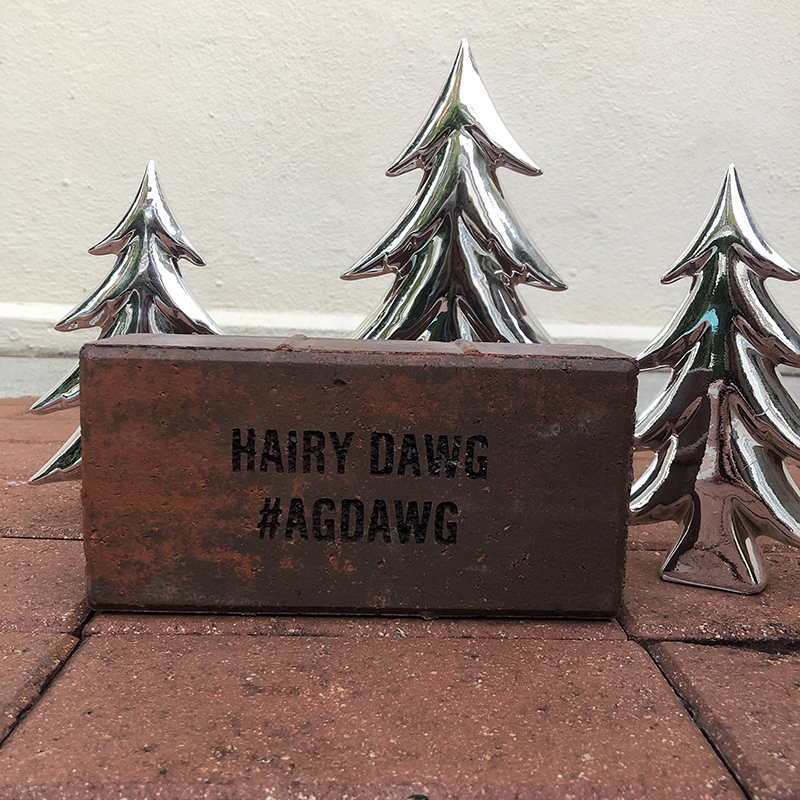 CAES News
CAES News
Holiday Gift Guide
Forgo the rush and bare shelves you may find during this year's holiday sales, and consider supporting the endeavors and small businesses of College of Agricultural and Environmental Sciences alumni.



